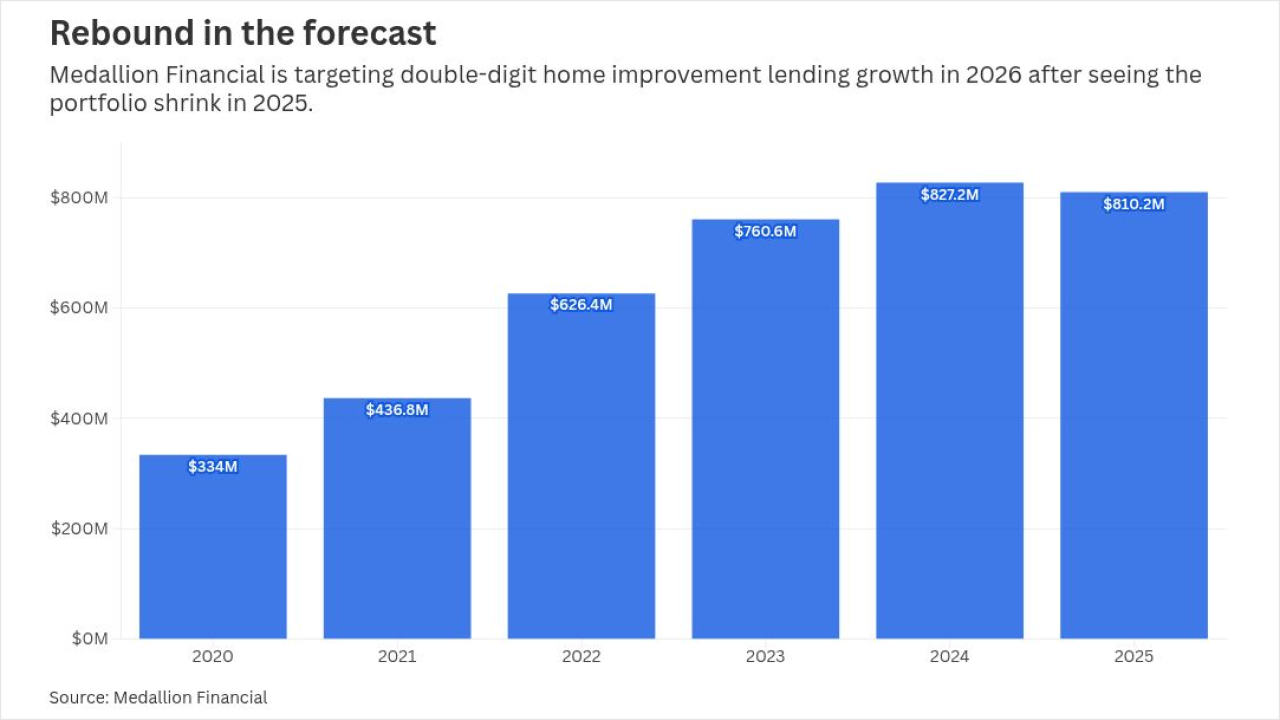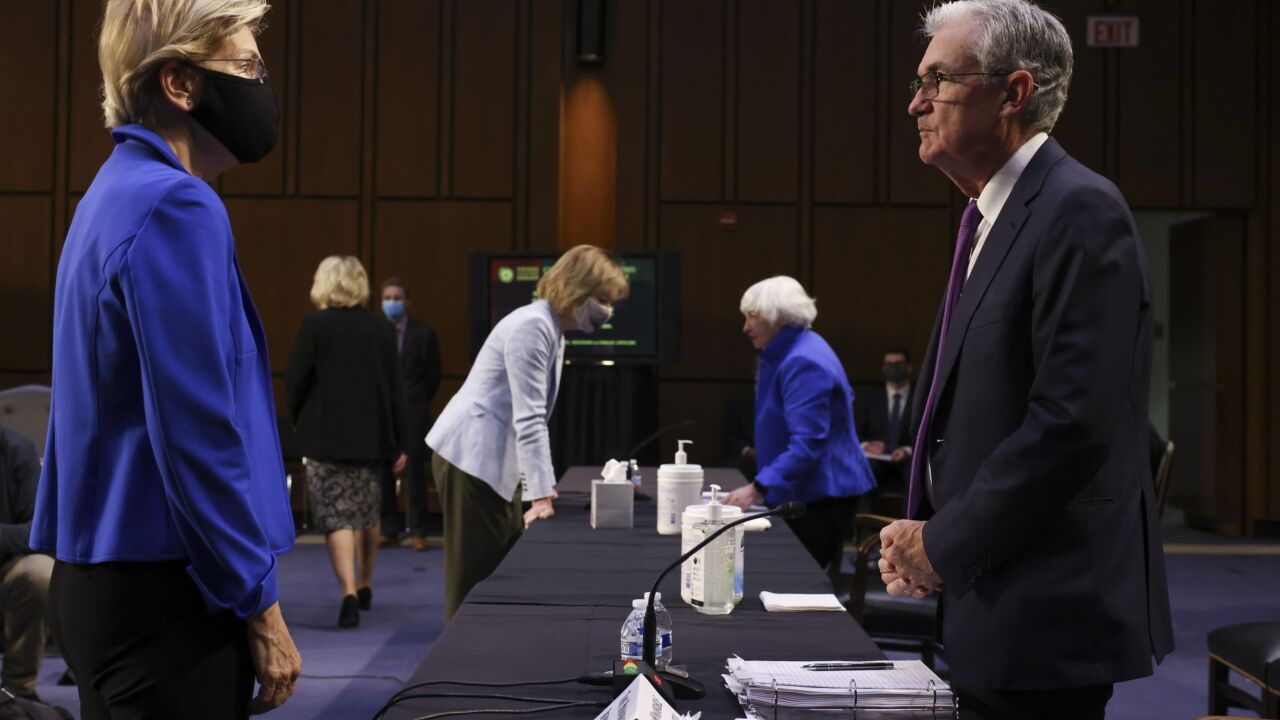Consumer borrowing rose in August at the slowest pace in six months, reflecting a cooling in lending for student loans and autos, but still reached a record $3.47 trillion, according to Federal Reserve figures.
The Federal Reserve said Wednesday that consumer borrowing rose by $16 billion in August, following a revised $18.9 billion increase in July. Economists had expected credit to jump by roughly $19.5 billion, according to a median forecast of 33 economists surveyed by Bloomberg.
Household borrowing likely accelerated as motor vehicle sales advanced to a 10-year high. Consumers also have shown a greater willingness to finance other purchases with credit cards, pointing to steady growth in spending as the job market improves. Revolving credit, which largely reflects credit card debt, also increased by $4 billion in August following a $4.2 billion increase in the previous month.The Fed said non-revolving credit such as student loans and car loans rose by $12 billion in August after climbing by $14.7 billion in July. The Fed’s consumer credit report doesn’t track debt secured by real estate, such as home equity lines of credit and home mortgages.
The report also said consumer credit increased by an annual rate of 5.6% in August, as non-revolving and revolving credit rose by 5.7% and 5.3%, respectively.





